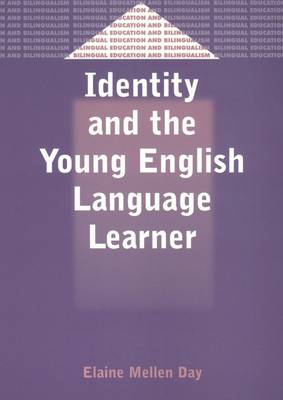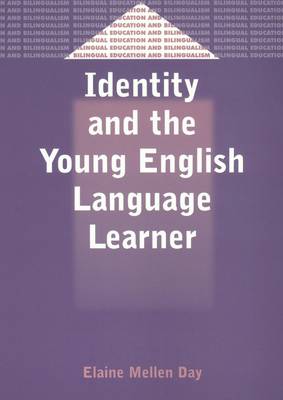
- Retrait gratuit dans votre magasin Club
- 7.000.000 titres dans notre catalogue
- Payer en toute sécurité
- Toujours un magasin près de chez vous
- Retrait gratuit dans votre magasin Club
- 7.000.000 titres dans notre catalogue
- Payer en toute sécurité
- Toujours un magasin près de chez vous
Description
This longitudinal, ethnographic case study examines the language socialization experiences of Hari, a Punjabi-speaking English language learner integrated in a mainstream kindergarten classroom in an urban area of British Columbia, Canada. The study uses sociocultural and critical/poststructural theoretical perspectives to explore the intimate connection between learning, identity and social membership in Hari's learning path. The book highlights the political and affective dynamics of classroom relationships and their unconscious as well as conscious dimensions and should be of interest to all researchers, students, and educators involved with minority language children in educational contexts.
Spécifications
Parties prenantes
- Auteur(s) :
- Editeur:
Contenu
- Nombre de pages :
- 144
- Langue:
- Anglais
- Collection :
- Tome:
- n° 36
Caractéristiques
- EAN:
- 9781853595974
- Date de parution :
- 06-08-02
- Format:
- Livre broché
- Format numérique:
- Trade paperback (VS)
- Dimensions :
- 145 mm x 206 mm
- Poids :
- 226 g







